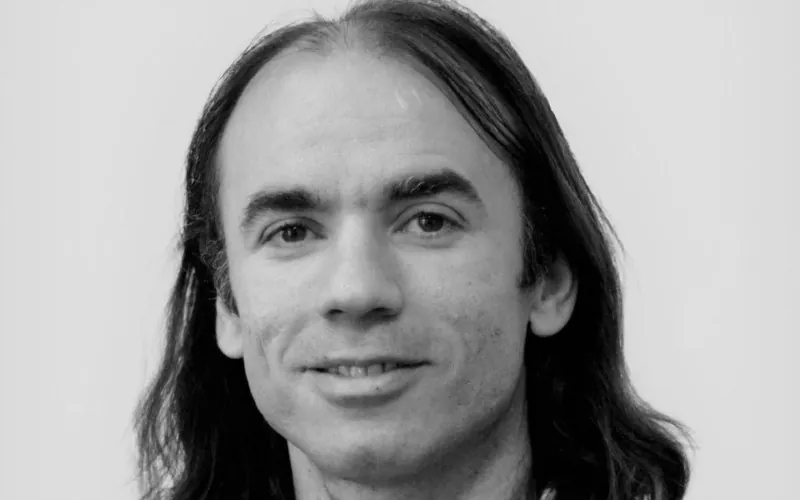Kuano.ai, a software platform for rapid, cost-effective quantum modelling of enzymes, has raised £1 million in seed funding.
The investment from ACF Investors, o2h Ventures and a syndicate of Cambridge-based angel investors will accelerate the company’s growth as it moves towards commercialisation.
Kuano combines quantum physics, artificial intelligence and medicinal chemistry in a unique approach to transforming the discovery of therapeutics focused on enzyme inhibition.
Enzymes represent the largest class of drug targets, with over $40 billion of pharmaceutical sales attributable to small molecule inhibitors of enzymes. The market is seeing considerable demand for enzyme inhibitors, which can provide improved drug potency, selectivity or reduced susceptibility to resistance.
Kuano is meeting this need through its novel, proprietary software platform for rapid, cost-effective quantum modelling of enzymes. Kuano uses these models in combination with AI and chemistry approaches to design optimised inhibitors with improved properties for use in medicines.
Kuano is using its platform to advance its own pipeline of novel therapeutics targeting unmet medical needs, as well as in collaborative programs with leading academic and commercial partners. This includes a recent research collaboration with Alzheimer’s Research UK University College London Drug Discovery Institute to identify inhibitors for treating degenerative neurological disorders.
The funding will go towards expanding the technology team and the further development of Kuano’s platform and asset development, including its own range of novel therapeutics.
It will also be used to create a data bank for use in its work with academic and commercial partners.
Dr Vid Stojevic, Co-Founder CEO of Kuano, said: “With this investment, our investors have affirmed the strength of our technology and its commercial potential. Building upon years of research, this funding will drive the development of our platform, facilitate the rollout of our own range of therapeutics and expand our team.
“As our recent collaboration with the UCL Drug Discovery Institute has shown, we are beginning to have a potent effect on the pharmaceutical industry and I am looking forward to the many ways in which we can make a decisive contribution to medicine worldwide.”


